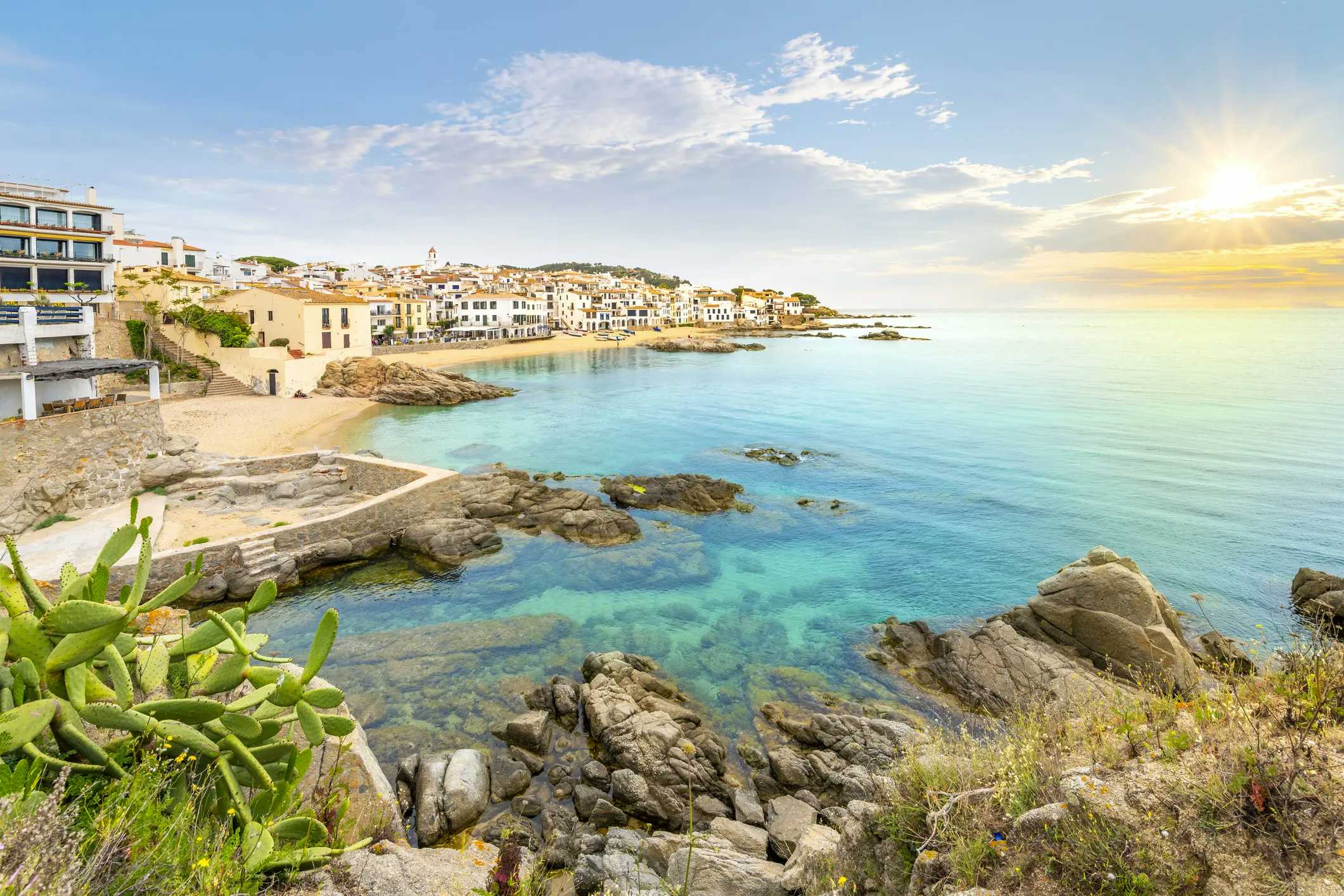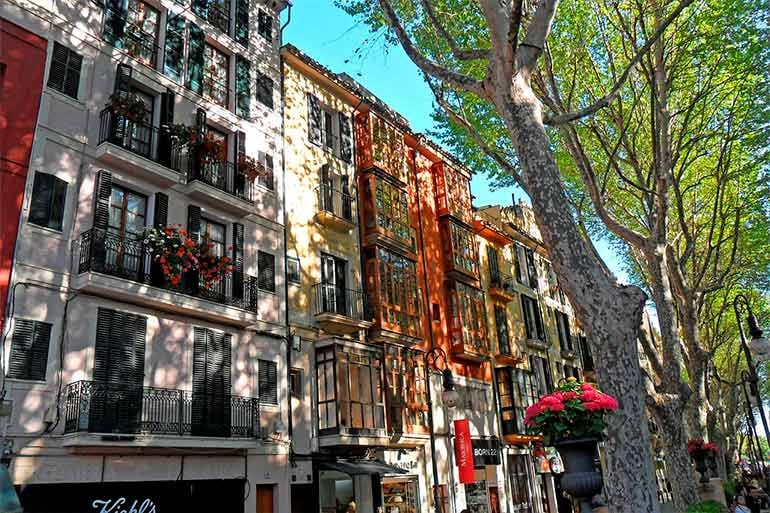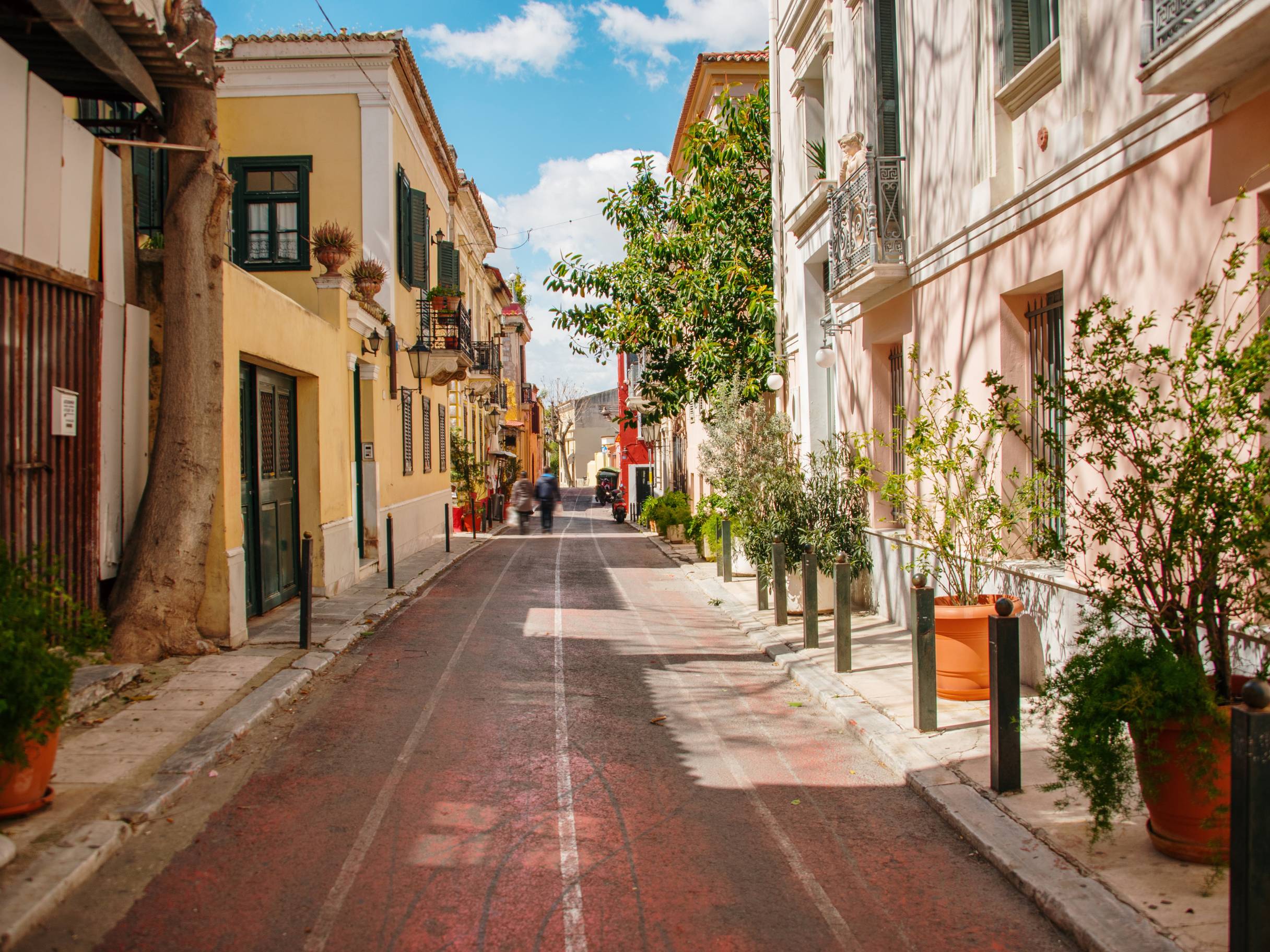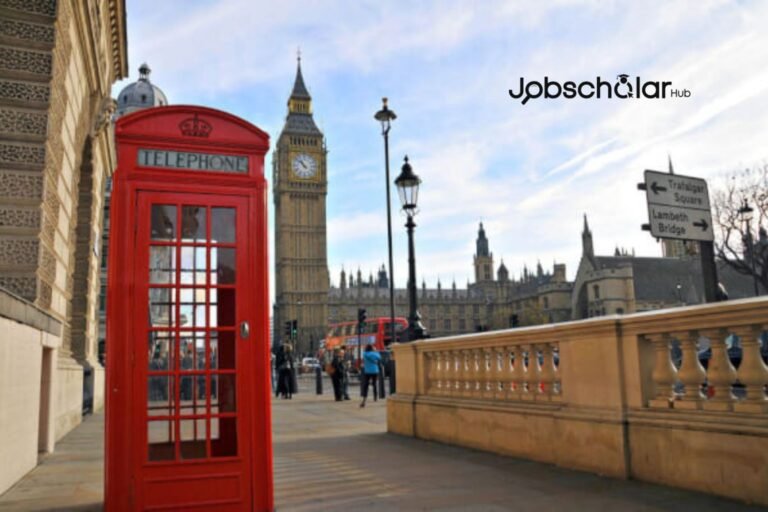Retirement. Big decision. Is Spain a good place to retire? My neighbor asked me this last week. She’s 62, tired of cold winters. Her husband wants somewhere warm but not too expensive.
Spain keeps showing up in retirement discussions. and it makes sense why. They have warm weather nine months a year, cheap wine, good food everywhere you look. But moving to another country must have its downsides. There is a different language, new rules and strange customs.
This isn’t a travel brochure. In this article, we will discuss what retirement in Spain looks like, money matters health concerns, daily frustrations and even pleasant surprises too. Is Spain a good place to retire for your situation? Read to the end first. Then decide.
Table of contents
- What Does Retirement in Spain Actually Cost?
- What is the Healthcare Part of Retiring in Spain?
- What’s the Weather Like Beyond the Tourist Brochures?
- What Does Cultural Integration Look Like when Retiring in Spain?
- How Do You Navigate the Legal Maze of Retiring in Spain?
- Frequently Asked Questions
- Conclusion
- References
- Recommendations
What Does Retirement in Spain Actually Cost?

Let’s start with numbers. Is Spain a good place to retire on €1,500 a month? Well, it depends on what part of Spain you are.
Food shopping takes getting used to. The local markets beat supermarkets every time with better prices and fresher stuff. Eating out will also surprise you. Lunch menus cost €8-12 in most places, three courses and includes wine or beer. The quality varies but you won’t starve. Evening dining costs more but still reasonable. €20 per person gets you a decent meal with drinks.
There are also utilities. Summer electricity bills can hit €150-200 monthly. Air conditioning runs constantly in July and August. Older buildings have poor insulation. Winter heating costs less than northern Europe but summer cooling? That’s expensive.
Transportation depends on your choices. City bus passes cost €30-40 monthly. Trains connect major cities but regional services can be spotty. Many retirees buy small cars and fuel costs match other EU countries. Insurance runs €300-600 yearly depending on your driving record.
Healthcare expenses vary wildly. EU citizens get public coverage after registering. Non-EU people need private insurance, and it costs €60-150 monthly for decent coverage. Prescription drugs cost less than America but more than some European countries.
Property taxes stay low compared to other countries. You can pay €400 yearly in property tax. So, is Spain a good place to retire financially? Yes, if you choose your location carefully. Coastal towns cost double what inland cities charge. Tourist areas inflate everything. Find somewhere locals actually live.
You should read: Is Antigua Safe to Visit in 2025? All You Need to Know.
What is the Healthcare Part of Retiring in Spain?

Healthcare worries keep many people from retiring abroad. Is Spain a good place to retire if you have health issues? Well, the answe is complicated.
Spanish public healthcare ranks high globally with modern hospitals, well-trained doctors, good emergency response. But the system moves slowly for non-urgent issues. If you need a specialist, you can expect three-month waits. For a hip replacement? Six months if you’re lucky.
Private healthcare fills the gaps. Most retirees get supplemental insurance and the costs vary by age and health status. Emergency rooms have English speakers in tourist areas, but for the smaller clinics, bring a translator or learn medical Spanish fast. Google Translate helps but medical terminology gets complicated.
Prescription medications cost much less than America. Chronic conditions get subsidized through the public system. Diabetes medications, blood pressure pills, heart drugs are all cheaper than private U.S. insurance plans.
Dental care requires separate planning because the public system covers emergencies only. Private dental costs half what you’d pay in Britain or America. The hospital food also tastes better than expected as the spanish cuisine influence shows even in medical facilities. Visitors can usually eat meals with patients. Cultural difference that many appreciate.
So, is Spain a good place to retire health-wise? Yes, but plan for language barriers and slower specialist care. Overall quality exceeds many countries at lower prices.
Read also: Balancing Work and Mental Health: What Works in 2025
What’s the Weather Like Beyond the Tourist Brochures?

Everyone talks about Spanish sunshine. Is Spain a good place to retire when you consider the weather? Depends on your heat tolerance and preferred climate.
Southern Spain gets seriously hot. Córdoba hits 45°C in summer, and air conditioning becomes essential, not optional. Electricity bills double during July and August. Some retirees leave Spain entirely during peak summer months.
Coastal areas benefit from sea breezes with the temperatures moderate near water. Northern Spain is however different. There are rainy seasons, cooler temperatures, green landscapes like Ireland. The Basque region gets significant rainfall. and some retirees prefer this to constant heat. So generally, weather variety exists within Spain.
The winter weather stays mild in most regions and it rarely drops below freezing except in mountains. Heating costs less than northern Europe, but buildings often lack insulation with stone houses feeling cold inside even when temperatures stay moderate outside.
Wind patterns affect daily life more than expected. Coastal areas get regular breezes that help cooling, while some regions experience strong, persistent winds that irritate sensitive people.
If you handle heat well and don’t mind occasional extreme temperatures, then you will enjoy retiring in Spain. Just research your specific area carefully.
Check out: Jobs in Spain for Americans: Complete Guide to Working in Spain 2025
What Does Cultural Integration Look Like when Retiring in Spain?

Is Spain a good place to retire culturally? This honestly depends on your flexibility and openness to change. Meal schedules often confuse newcomers because lunch happens at 3 PM, dinner starts at 10 PM, and restaurants close between lunch and dinner. So, just plan your day around Spanish schedules.
Noise levels surprise many retirees. Spanish conversation happens at higher volumes than northern European standards and street life continues late into nights. Festivals bring fireworks, music, and crowds, and while some love this energy others find it overwhelming.
Personal space concepts differ significantly. Spanish people stand closer during conversation, touch arms or shoulders while talking, and kissing cheeks for greetings. Physical contact that feels invasive to some cultures but signals friendship in Spain.
Family takes priority over individual plans. Sunday family meals are sacred, extended family gatherings happen frequently, children live with parents longer than other countries., and this creates strong community bonds but can feel overwhelming to individualistic cultures.
Is Spain a good place to retire culturally? Yes, if you embrace different rhythms and social patterns. Flexibility and curiosity help tremendously.
Read also: Jobs in Spain for Americans: Complete Guide to Working in Spain 2025
How Do You Navigate the Legal Maze of Retiring in Spain?

Immigration rules determine retirement feasibility. Is Spain a good place to retire legally? EU citizens have it easy, but everyone else faces complex procedures.
Residency registration happens within 90 days of arrival, and while this sounds simple, it takes multiple visits to different offices. You should bring copies of everything- both original documents and translated versions.
NIE numbers unlock everything in Spain- bank accounts, property purchases, healthcare enrollment, phone contracts. Getting this number involves appointments, paperwork, and waiting. The process takes weeks or months depending on your location.
Tax residency rules catch many people off guard. You can spend more than 183 days yearly in Spain and you become a Spanish tax resident. This affects pension income, investment gains, property ownership, and these complex rules require professional advice.
Banking relationships frustrate many newcomers because most Spanish banks prefer in-person procedures. Account opening requires multiple documents, proof of income, residency confirmation, reference letters. Online banking works well after setup but the initial procedures take time.
Is Spain a good place to retire legally? Yes, but preparation and professional help make the process much smoother. Don’t assume procedures match your home country. Research thoroughly before making final decisions.
Read also: How Much Does a Work Visa for Europe Cost? Application Guide
Frequently Asked Questions
Yes, smaller inland towns offer comfortable living for €1,200-1,500 monthly including rent and expenses.
Private insurance is required initially, costing €80-150 monthly for comprehensive coverage including specialists.
Basic conversational Spanish helps tremendously with daily tasks, banking, healthcare, and government procedures.
Inland cities like Mérida, Cáceres, and smaller Andalusian towns provide excellent value.
Language barriers, slow bureaucracy, summer heat, and cultural schedule differences cause most difficulties.
Conclusion
Is Spain a good place to retire? Yes. The success stories share common elements- thorough preparation, language learning efforts, realistic budgets. cultural curiosity, professional legal advice. Those who prepare properly usually find Spain delivers excellent retirement value at reasonable costs.
Start planning early. Visit during different seasons. Talk to current expat retirees. Understand costs, procedures, and cultural differences before making final decisions.
Before you go, you should also read: Golden Years in Greece: How to Get Your Greece Retirement Visa






